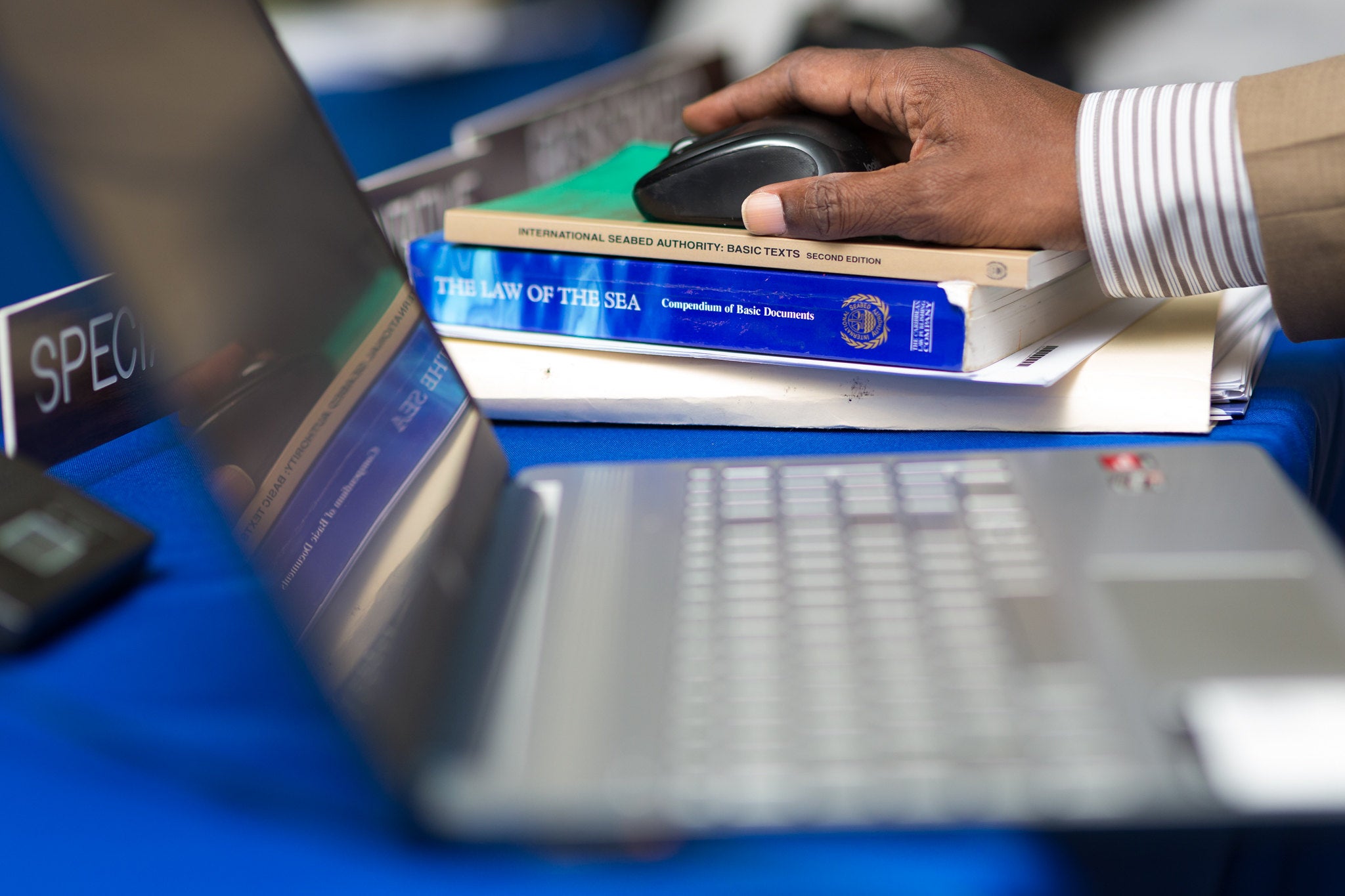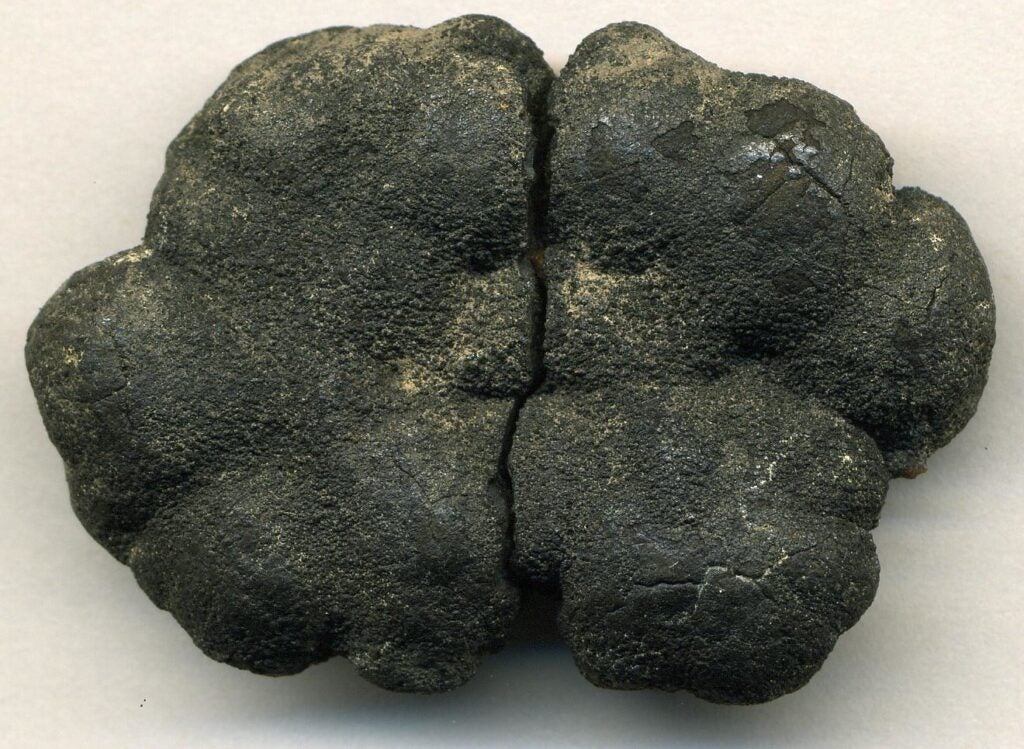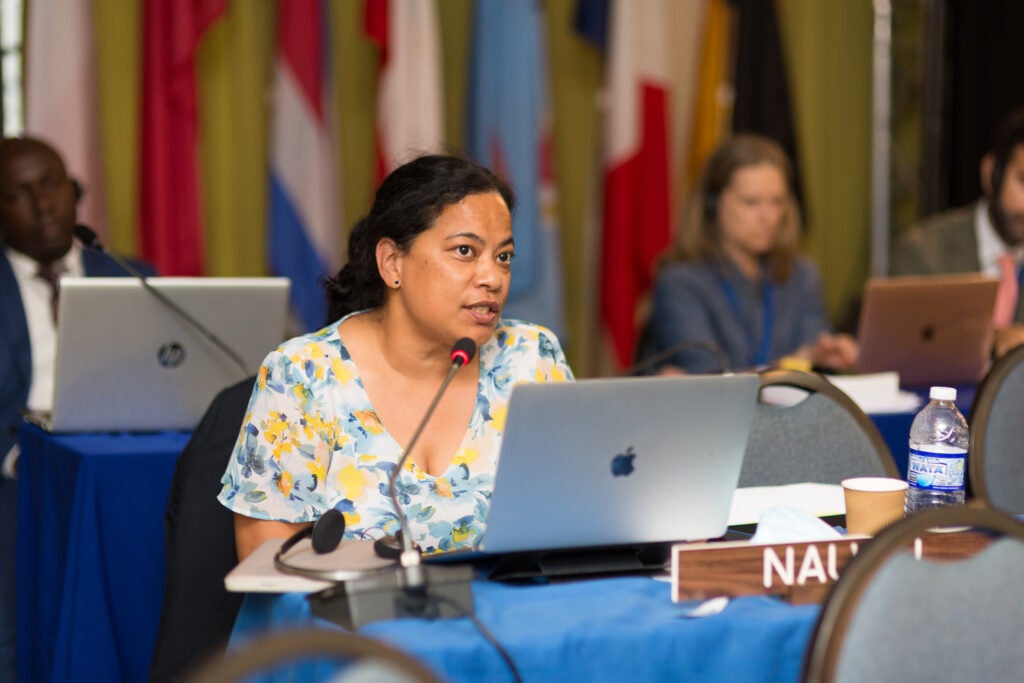
The International Seabed Authority (ISA) is tasked with effectively protecting the world’s deepest seas and most alien environments, and the body is granting an increasing number of exploration permits to research institutes and private companies alike.
Many of the companies’ efforts are aimed at the Clarion-Clipperton zone in the South Pacific, where fist-sized polymetallic nodules often contain valuable rare earth minerals, and have become an attractive prospect for miners.
Meanwhile, organisations like the World Wide Fund for Nature (WWF) and several massive multinationals are calling for a moratorium across deep-sea mining. They say that there is insufficient regulation around the new mining processes needed to extract minerals from the area, and fears a growing avoidance of precautionary principles. With the ISA caught in the middle of these conflicting interests, the future of deep-sea mining remains uncertain.
The ISA in session
Generally, the ISA has been happy to grant exploration licences for the depths of the Clarion-Clipperton zone, but changed course at its latest session. Held the start of August, the meeting concluded with what the WWF says is a clear change of tone compared to business as usual.
“This week, instead we heard increased calls for precaution and for slowing down the rush to mine the ocean,“ says a WWF spokesperson, hinting at positivity from the global nature fund towards the new stance. But the WWF says the meeting still left open debate about whether the ”two-year rule” is an appropriate standard to guide decisions as consequential as whether, or even how, to initiate deep-sea mining. The rule aims to encourage the ISA to rapidly develop legislation for mineral exploration and extraction for a sector where the remoteness of its environments, and the unique processes needed to mine there, means there is a relative lack of specific legislation compared to other mining sectors. The rule stipulates that, if asked, the ISA must develop regulations within two years if a country intends to apply for approval to mine, and that if the regulations are not finalised in time, the mining application will be judged against whatever provisional rules have been discussed.

The clause was triggered for the first time in June 2021 by the Republic of Nauru on behalf of state-sponsored miner Nauru Ocean Resources. However, the WWF notes that several countries spoke up about legal uncertainties associated with the two-year timeline and cautioned against rushing the creation of a legal framework that is of utmost importance.

US Tariffs are shifting - will you react or anticipate?
Don’t let policy changes catch you off guard. Stay proactive with real-time data and expert analysis.
By GlobalDataChile, for example, proposed a pause of 15 years, a much longer period during which the ISA cannot approve plans for exploitation. This would allow time for the body of scientific knowledge to develop and for work to proceed in a responsible manner. Right now the deep sea knowledge base is nascent at best.
A cross-sector moratorium on deep-sea mining
The WWF strongly supports countries that have gone even further to protect the deep. Palau and Fiji, joined by Samoa, launched an alliance of states calling for a global moratorium in June at the UN Ocean Conference. Since then, the Federated States of Micronesia has joined. Additionally, Samsung, Volvo and Google have joined the WWF moratorium on deep-sea mining. Another driven moratorium exists too, this one driven by the International Union for Conservation of Nature.
“Corporate support for a moratorium on deep-seabed mining sends a signal to mining companies and potential investors that these products are risky and potentially unmarketable,” says Jessica Battle, senior global ocean governance and policy expert at the WWF.
“It also sends a signal to governments that companies want a regulatory environment that, in fact, protects our environment. Companies need a social licence to operate; they want to be seen as good corporate citizens, and that’s not compatible with deep-seabed mining.”
Battle said that widespread business voices for a moratorium are increasing, with several major e-vehicle groups and other companies also having signed the pledge, and with major banks issuing policies or other statements not to invest in deep-seabed mining.
“The UN Environment Programme Finance Initiative has issued a paper dissuading investors from deep-seabed mining. It says there is no way in which the financing of deep-sea mining activities can be consistent with the sustainable blue economy finance principles, or compatible with the spirit and intent of a sustainable blue economy,” she adds.
Challenging the process
The WWF’s official line is that the ISA needs to heed these calls for precaution, and instead of focusing on exploitation ensure the effective protection of the deep sea, one of Earth’s essential carbon sinks.
This would, says the WWF, need a reform process at the heart of the ISA, including ensuring the presence of a transparent governance structure where science is the basis for decision-making. “The ISA’s current approach is not suitable,” elaborates Battle. “It seems to interpret the ‘two-year rule’ instigated by Nauru as a mandate to develop and finalise regulations, despite the huge uncertainties and risks.

“But several member states at the Assembly [of the ISA] meeting have challenged this, pointing out that the ‘rule’ does not require the council to adopt exploitation regulations at the end of the two-year period. Nor does it require the council to automatically approve a plan of work at that time.
“Rather, this provision requires the council to make best endeavours to complete regulations within the prescribed timeframe. If that work remains unfinished at the two-year deadline, if the regulations do not ensure the effective protection of the marine environment, the council is not required to adopt them.”
The ISA response: “It is for members to decide”
“The primary policy-making organ of the ISA is the Assembly, comprising all 167 member states and the European Union,” explains Stefanie Neno, communications specialist at the ISA. “Therefore, it is for member states to collectively decide on a moratorium. To date, none of ISA member states has ever made such a proposal in the organs of the ISA.”
Neno says the mission of ISA is to protect the deep seabed. This includes promoting scientific knowledge through scientific exploration, which includes detailed environmental surveys and assessments. A moratorium would bring these exploration activities to a stop, limit data collection and harm global progress on studying and understanding the complex ecosystems of the deep seabed.
“To achieve the objective of a future society based on renewable energy and technology, it will be critical to find new sources of reliable, clean, and ethically sourced minerals,” she continues.
“But it is crucial that any potential seabed human activity is done in the most sustainable way, following robust environmental standards. And this is our mission at ISA; to protect the deep seabed by promoting science and preventing any unregulated activity in the deep sea. We are currently developing regulations that will ensure that any upcoming activities are sustainable and for the benefit of humankind as a whole.”
Neno also notes that ISA is taking all necessary measures in accordance with the United Nations Convention on the Law of the Sea (UNCLOS) to ensure the effective protection of the marine environment, including marine biodiversity, from harmful effects which may arise from activities.
“The ISA also established a regional environmental management plan (REMP) in the Clarion-Clipperton zone in 2012 and revised it in 2021. This an area-based management tool comprising 13 areas of particular environmental interest, where no mining activities will take place. ISA is in the process of developing REMPs in other areas where exploration contracts have been granted.”
What next for deep-sea mining?
Neno says that during its 27th session, held between July and August this year, the body progressed the negotiations on the draft exploitation regulations for mineral resources within the four working groups it created.
These groups focused on a range of topics, including a financial model and payment mechanism for deep-sea mining; the protection and preservation of the marine environment; inspection, compliance and enforcement and institutional matters.
Asked whether deep-sea mining is commercially viable, or whether it might even one day sustainably compete with land-based mines, Neno said this wasn’t a question ISA could respond to.
But it’s plain such questions aren’t going anywhere, and nor is the focus on the ocean. For now, the ISA is in the unenviable position of having to balance exploration for the benefit of science, mining for the benefit of profit and protection for the benefit of the environment.



